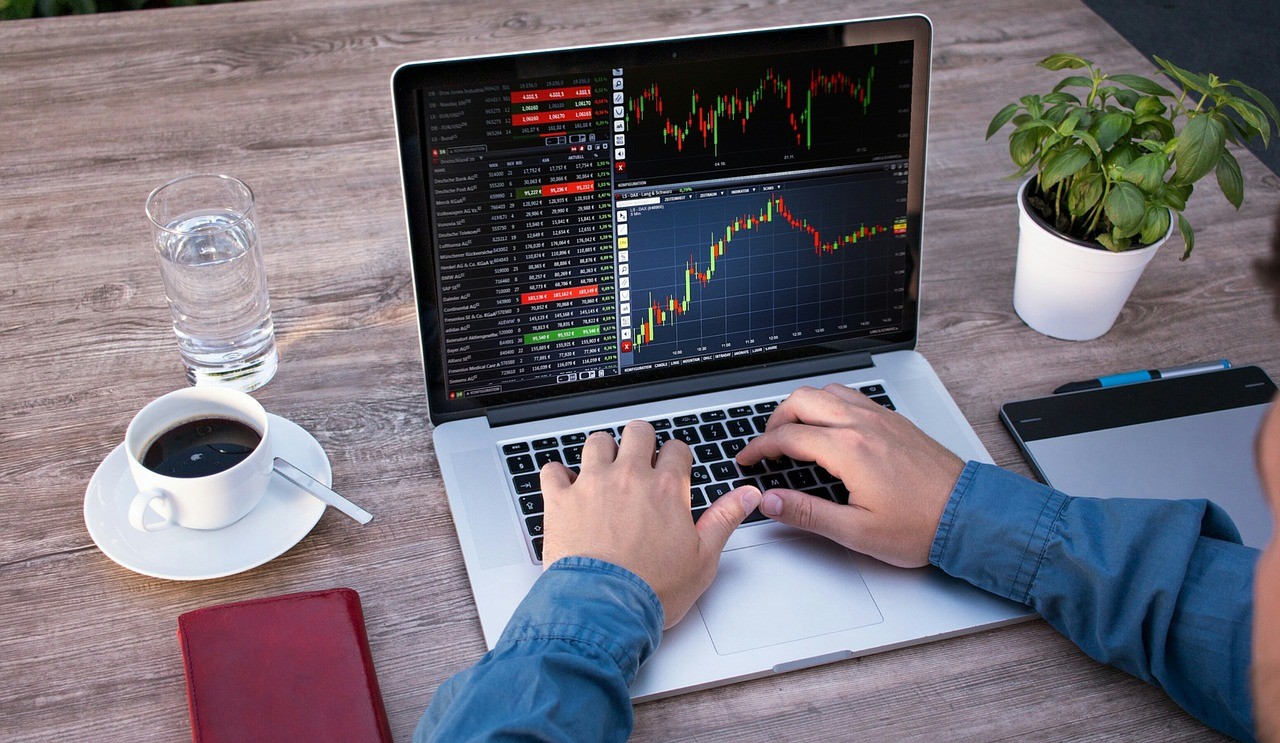
Four Ways to Flourish in Forex Trading By Avoiding Financial Loss
Forex trading has a significant role in the success of the financial market. The access to the global forex marketplace is straightforward – with meaningful leverage, low costs, and round-the-clock sessions. While many forex traders enter the market to reap lucrative profits, they quickly exit after experiencing setbacks and losses.
Here are four tips to help aspirant traders flourish without experiencing financial loss in forex trading.
1. Do the Necessary Homework
While the forex market allows you to have a straightforward entry, it does not mean you can avoid due diligence. It entails learning about forex to get the desired success. Live trading and experience are primary sources to learn about forex trading and economic and geopolitical factors that may impact your preferred currencies. As an effective forex trader, take time to do the necessary homework and work with a reputable broker. Remember, homework will be an ongoing practice for trading professionals who also need to stay ready to adapt to changing market regulations, conditions, and world events.
2. Start with a Practice Account
Nothing can be more dangerous than going live in forex trading without knowing the ABC of the market. Ideally, using a practice account before going live can be an effective strategy to start. Almost all forex trading platforms offer practice accounts. Also known as demo or simulated trading accounts, they allow placing theoretical trades without using real money. Starting with demo accounts will help you become an expert at order-entry techniques. Remember, a few things can shake your trading account and confidence. For example, new traders may accidentally include a losing position rather than concluding the trade. Numerous errors related to order entry can result in a large and unprotected losing trade. Besides devastating financial implications, trading mistakes can be stressful. Therefore, it is crucial to experiment with order entries before investing real money.
3. Make Strategies to Meet Requirements
Forex traders need to control the leverage amount and have a trading record. Understanding the relevant tax implications is a must to continue the trading smoothly. Effective forex trading will involve a trading plan and a systematic technique to screen and evaluate investments, determine the amount of risk you can afford, and formulate your goals for both short-term and long-term investment regimens. Make sure to put analysis techniques to a minimum so that they can productively work for you. It is vital to benefit from effective money management techniques. Do not start with a significant investment when you set off live.
4. Use a Reputable Forex Broker
As mentioned earlier, consider your forex trading as a business. And it is not uncommon to do this business with a reputable forex broker. While you may have concerns about your safety deposits and the forex broker’s reliability, consider opening an account with a company possessing the membership of the National Futures Association or NFA and registration of the Trading Commission or CFTC. The legitimate forex broker you choose should be registered with the relevant regulatory body of their country. You should know adequate knowledge of the broker’s account offerings, including initial deposits, commissions and spreads, leverage amounts, and account funds and withdrawal policies. The broker company must have helpful and fully knowledgeable customer service representatives.




